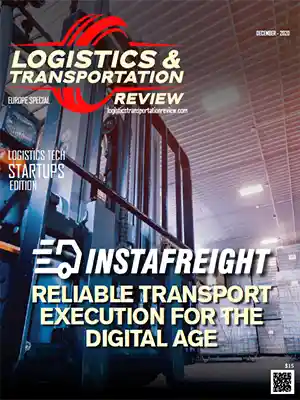As an integral part of value chains, both within and across international borders, logistics firms facilitate trade and commerce by enabling businesses to get their products to customers. With the onset of the COVID-19 pandemic, the first to be directly impacted was the logistics industry who are crucial in the movement, storage, and flow of goods. The unprecedented supply chain disruption caused by the ensuing lockdowns and the economic slump has affected the competitiveness, growth, and job creation of the logistics industry. In particular, Rail has been hit hard by lower overall demand for bulk commodities, while the trucking sector has experienced a more modest impact.
As countries begin to lift restrictions, reopen economies, and take their first steps toward recovery, the global logistics sector must adapt and evolve to deal with COVID-19’s lasting impact on consumers and supply chains alike. With the significant change in consumer's behaviour to shop online, their delivery expectations continue to rise. Supply chains are increasingly becoming supply networks as logistic firms seek solutions to not only ensure goods continue to flow despite COVID-19-related interruptions but to be more flexible, agile, and resilient to disruptions in the future. As each year brings advanced technologies to different industries and changing the way enterprises conduct business. While implementing logistic technology solutions, it is imperative for companies to thoroughly research and understand in-depth about the different products available in the market. We hope this edition of Logistics Transportation Review will help your company in making the right decision for your digital transformation strategies.


















